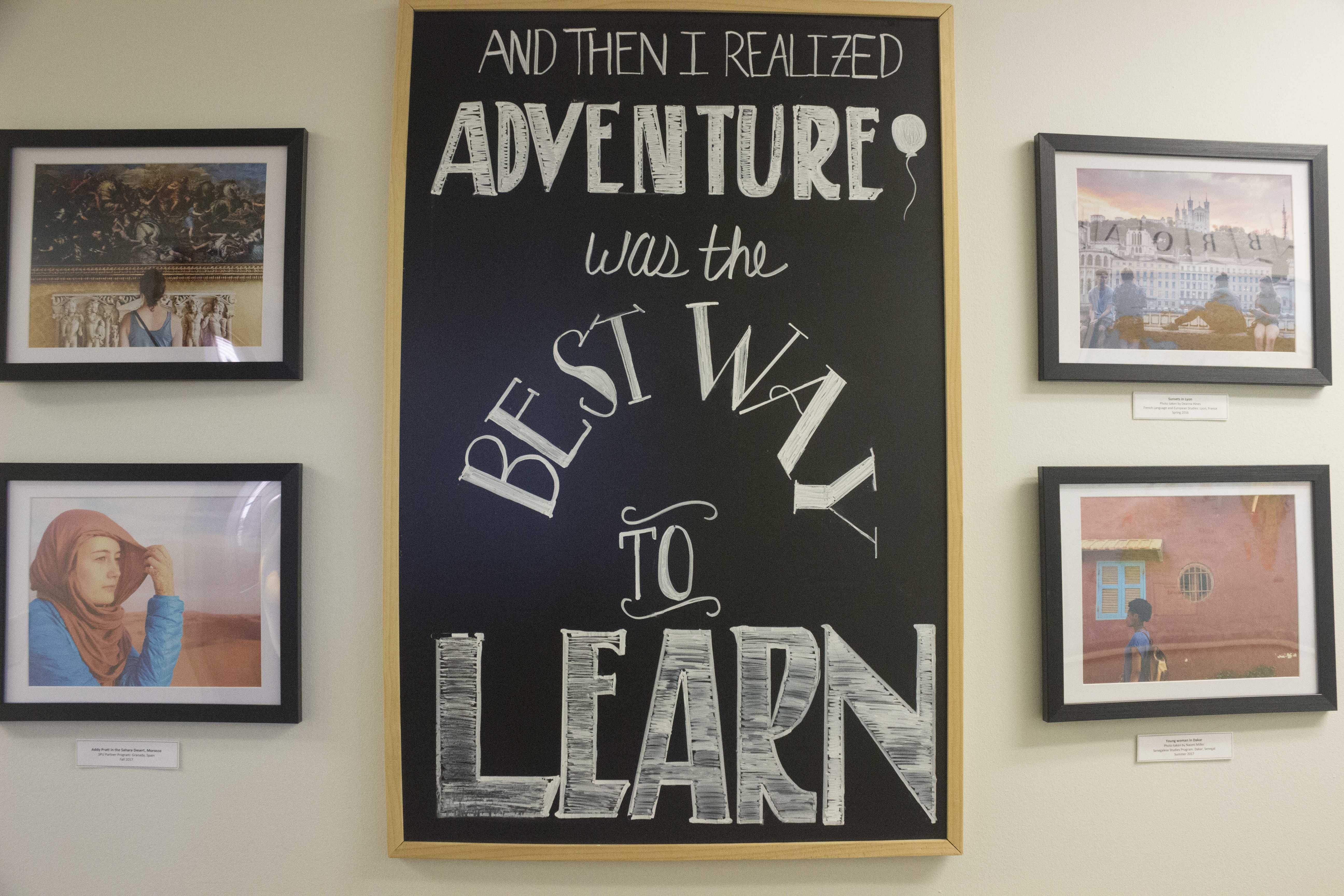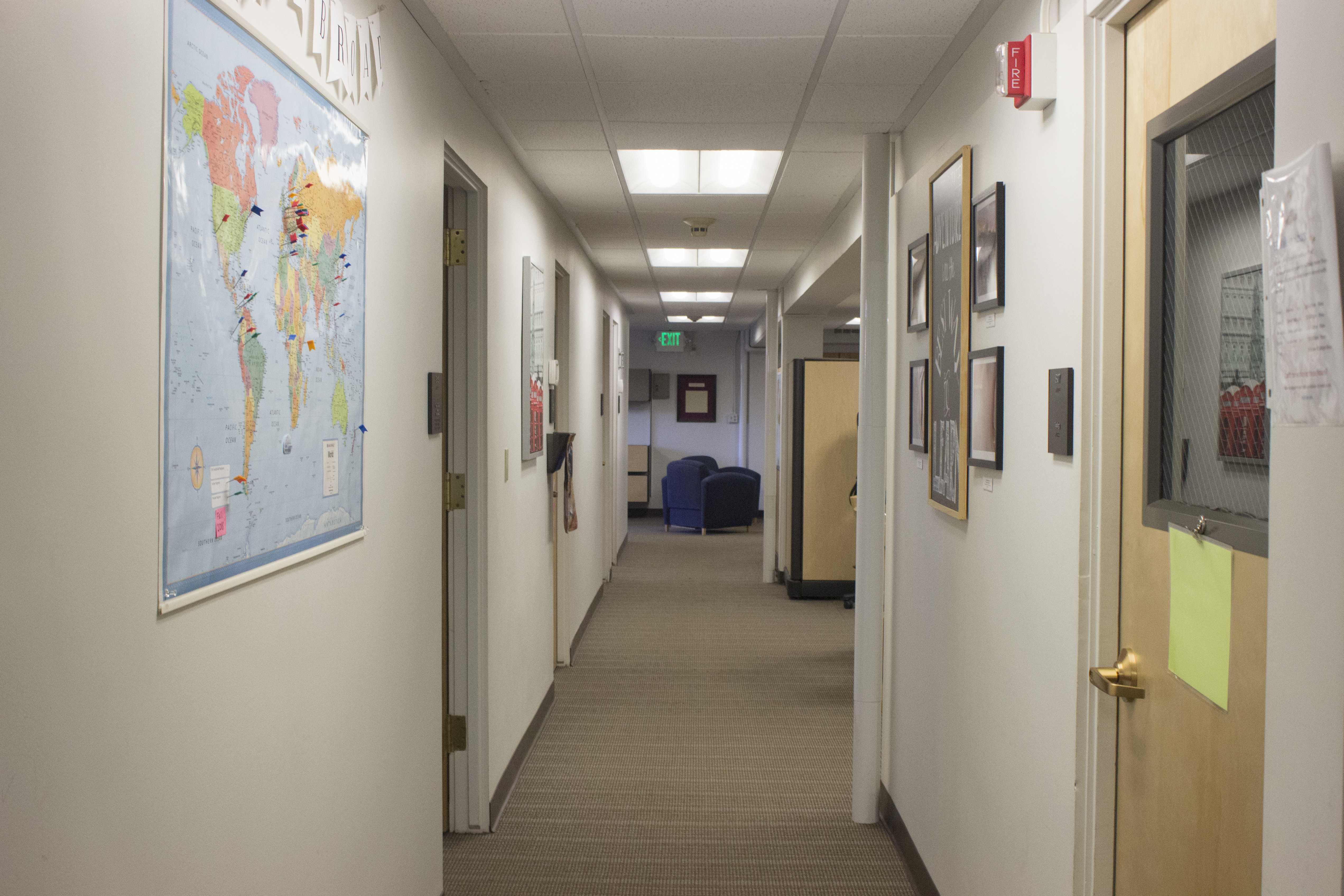While it is common for students to start each quarter with high expectations for themselves, not all students are able to consistently stay on top of their classes throughout the whole year due to how easy it can be to fall into traps such as procrastination and poor time management.
So, what options do students have when they become overwhelmed with homework, can’t find the right study habits, or constantly have trouble staying organized?
Niki Amarantides, director for the Seattle Pacific University Center for Learning (CFL), explained that these problems are just some of the many things she and her staff help students overcome. “The purpose of the Center for Learning is to welcome all students and help them all succeed and graduate from SPU,” shared Amarantides. The CFL fulfills this purpose through offering several resources that each address different aspects of school that students might struggle with.
For students who struggle to grasp concepts in class, the CFL organizes weekly study tables for a wide range of subjects as well as private tutoring. Or, if a student is seeking general guidance in school, academic coaching sessions are designed to help students improve anything from their time management to study skills.
Amarantides expanded on the purpose of these academic sessions, stating that, “They can just be a place students can check in with and ask any question they are not sure where to ask.”
In addition to Amarantides, the CFL staff consists of two assistant directors, Mary Jayne Allen and Annabelle Dumez-Matheson, and the operation and testing manager, Susie England Becker.

While assistant director Allen oversees learning services, which entails managing study tables and tutoring, Matheson is dedicated to the Disability Support Services (DSS), a crucial section of the CFL. DSS is dedicated to providing accommodations to students with mental, physical, medical, or learning disabilities.
At some point, most students will utilize the resources offered by the CFL for an easier learning experience. However, for students with disabilities, the support provided by the DSS becomes much less of an optional benefit as it is a vital tool in their college career. Simon Griffith, a freshman with dyslexia, shared his personal experience with the help and accommodations DSS provides for him.
“What DSS will do is that’s really beneficial is take books that normally aren’t online, adapt them into a PDF, and offer them to us online with a text to speech tool,” Griffith stated.
“That’s been a huge deal, especially with books I couldn’t read otherwise, because it would normally take me around four to five hours to read a 40 page reading for a class.”
Valerie Schulte, another first-year that receives accommodations from DSS, revealed that her experience grappling with dyslexia and slow processing in school is especially alleviated by the relationships that form through the CFL.
“The one thing that’s been really helpful for me is Annabelle,” shared Schulte.
“She became somewhat of a mentor to me because any time I’ve had an issue, frustration or struggle, it’s always nice to talk to her because I know I can count and rely on them.”
When asked about the goal for DSS, Matheson said, “I hope to normalize their experience more than anything.”

She continued, “I know from the students I serve in DSS there is often a stigma attached to having a disability and I just want to normalize access, because it’s different for everybody and that’s okay.”
Still, while a large section of the CFL is dedicated to providing accommodations to disabled students, most things affiliated with the CFL will always be open to everyone. CFL director Amarantides shared multiple CFL provided resources and opportunities that she encourages all students to take part in during the future.
According to Amarantides, the CFL recently received funding from SPU’s institute for academic innovation. “This is to provide faculty-supported evening study tables in the residence halls,” she stated, adding that, “This year we have had faculty in Arnett and Hill halls. In the spring, we will be in Ashton.”
Through DSS, SPU will be hosting the annual No Limits, No Boundaries event featuring Karen Braitmayer, an award winning, local activist architect who will speak on the importance of inclusive design and disability awareness. This event is free and will be held at Nickerson Studios at 6 p.m., April 25.
Ultimately, Amarantides hopes that all SPU students get the chance to take part in the resources CFL is offering them. “All students should know they can find assistance outside of class and that they don’t have to do college alone.”














































































